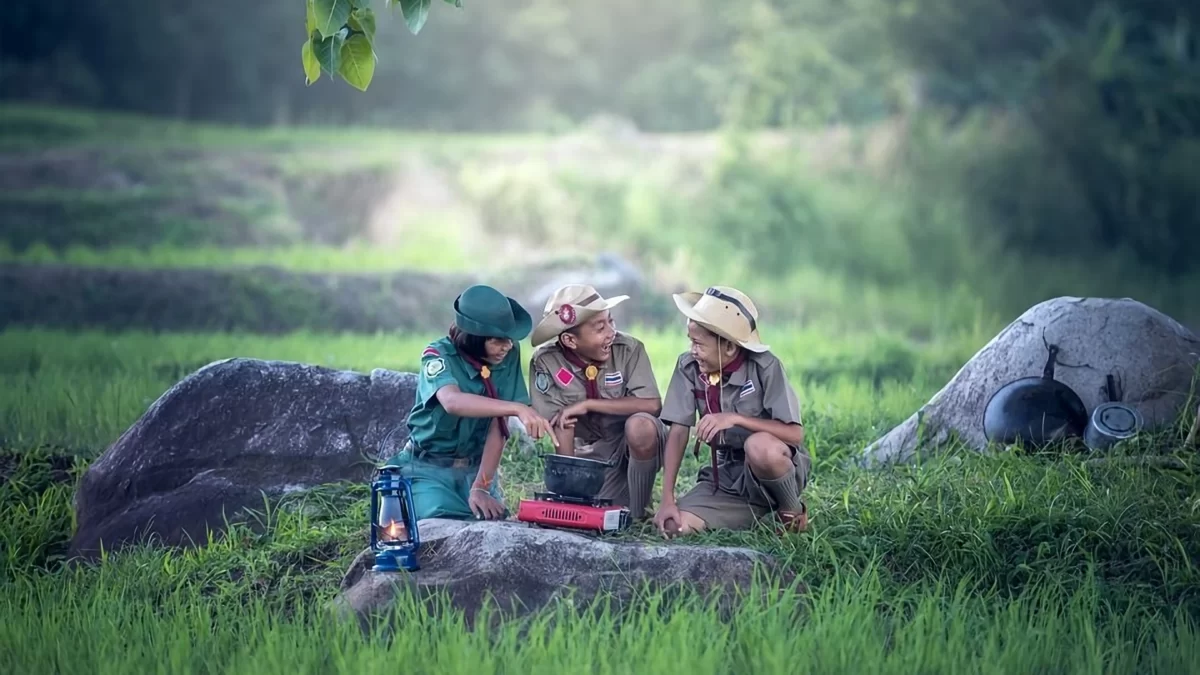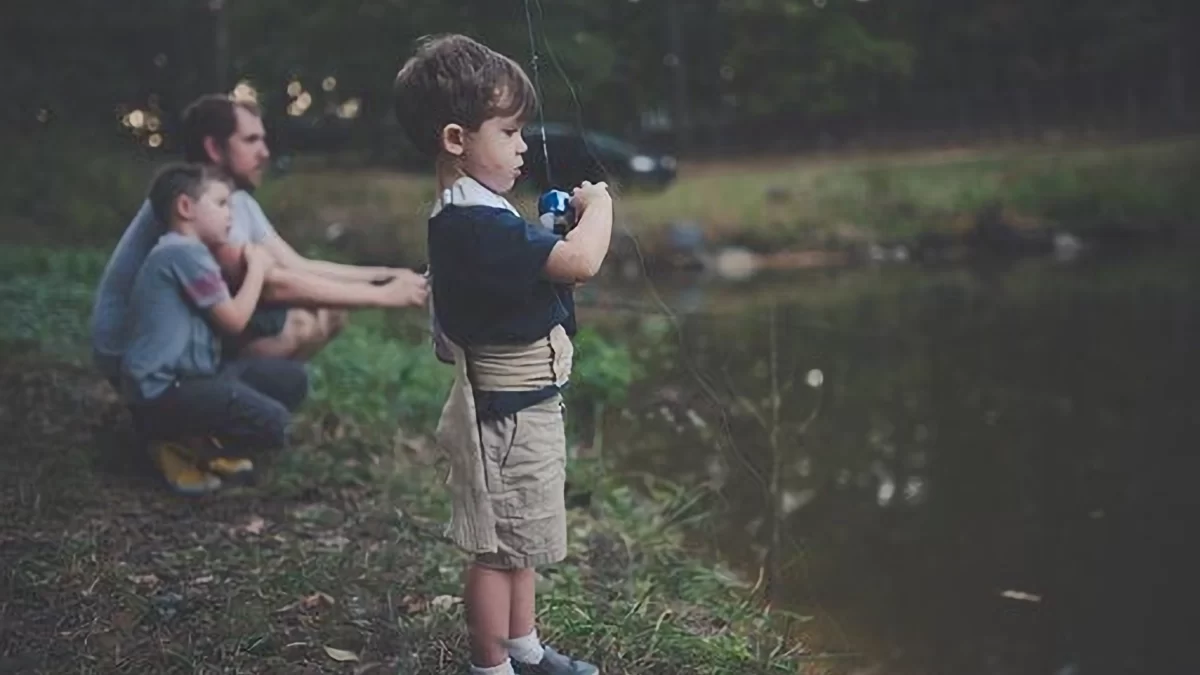The author Richard Louv, known for his book "The Last Child in the Forest", has documented the negative effects of this deficiency on the physical and mental health of children and has called this a natural deficit.
"I like to play indoors because that's where all the plugs are." This phrase was said by a boy of only nine years, and marked the American author Richard Louv, known for his book The Last Child in the Forest: Saving our children from Nature Deficit Disorder.
He remembered this sentence for 30 years of his life, and he began to talk about a topic that concerns us all: the disconnection that today's children have with nature and the consequences of the deterioration of this limited relationship.
Louv has documented the negative effects of this deficiency on the physical and mental health of children and has called this a natural deficit, a condition that, as he explains in an interview with El País, does not have a medical diagnosis. “I'm cautious with the definition,” Louve says.
“What he describes is something that has been happening for years and that we feel in a diffuse, indefinite way. We still haven't found the right words to tell ourselves. But it's basically the impact that removal from the natural world has on physical and mental health. Not just in children. Also in adults.

►What is the impact that children, especially, are away from nature?
There are many, but in the interview the author points out that the lack of nature decreases creativity, the capacity for wonder and the ability to learn through direct experiences. To this is added the positive physical effects that are diminished when children are away from this.
“Various investigations relate it to a reduction in attention deficit disorders, stress and depression. Even with better cognitive development. In addition, logically, it is an important antidote against obesity. I remember that about ten years ago there were about 20 studies on the subject. Today there are more than 500”, he explains.
Louv knows well that nature is not the cure for “all ills”, but it is definitely an important tool for children to develop many skills through free play.
Children who play freely in the field develop a greater sense of cooperation, imagination, introspection and reflection. In addition, says the author, camaraderie and equality “because nature does not impose conditions.
►And how can adults open spaces that allow children to connect with nature?
There are simple and effective things that can be done, Louve says in the interview. Especially for parents, the strategies are very practical:
“Just as we write down our children's soccer game on the calendar, we can also write down natural events: a walk, an excursion. And it helps not to assume that, as a parent, one knows everything about nature. Sometimes it's better not to know much and experience something for the first time with your daughter. Let us remember that today there are at least one or two generations that have had very little natural life. The sense of shared discovery and wonder is incredibly important,” he says.
And in schools? Principals, Louve says, are very important in this challenge. They should make sure to give the students quiet green spaces… it could be a garden, an orchard or a corner where they can watch the butterflies pollinate.

In other words, it is about promoting wildlife in school spaces and even designing different spaces with green characteristics:
“Part of it has to do with the architecture and the use of so-called biophilic design. We can build classrooms and hallways interspersed with natural elements, a model that has been proven to increase school performance and decrease illness. Only the presence of natural light can increase school success rates”, highlights the writer.
"With special intensity in childhood, never in our history has a species been so disconnected from nature."
►Why is this happening?
Some of the causes are: bad urban designs, the disappearance of animal species, plants and habitats, the fear of fathers and mothers to let their children play alone there and above all, the popularization of technology.
But Louve is not an enemy of technology, in fact he believes that the most important thing is to try to combine it with the natural experience by doing things as simple as taking photos and thus paying more attention to what surrounds us.
This connection with nature is important because of everything the author has already said, but also because it is the best way to educate citizens aware of the environmental crisis that they are facing.
So let the kids get dirty, let the kids get outside, let them connect with nature and let them learn through it!
Font: Choose Educate
